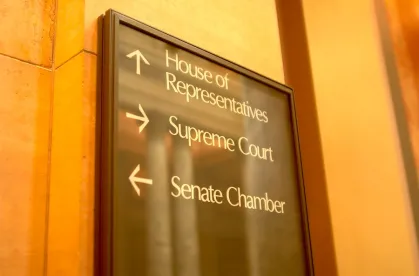Try searching for "Supreme Court narrows" and you will find numerous law firm memos and articles with the following headline (or something very close to it):
"Supreme Court Narrows Definition Of Whistleblower"
These memos and articles all discuss the same U.S. Supreme Court decision, Digital Realty Trust, Inc. v. Somers, 2018 U.S. LEXIS 1377, and they all make the claim that the Supreme Court has narrowed the definition of "whistleblower" under the Dodd-Frank Act.
The problem is that the Supreme Court did no such thing. Yes, it is true that the Supreme Court held that under the anti-retaliation provision of the Dodd-Frank Act a person must report to the SEC to fall within the definition of "whistleblower". It is not true that the Supreme Court thereby narrowed the definition of "whistleblower". Congress enacted a narrow definition of whistleblower:
“any individual who provides . . . information relating to a violation of the securities laws to the Commission, in a manner established, by rule or regulation, by the Commission.”
15 U.S.C. § 78u–6(a)(6). The Supreme Court merely read and applied the statute as written.
This is no small point. When lawyers and others describe the Supreme Court as doing more than simply interpreting and applying laws, they blur the lines between the legislative and judicial. Not even the Supreme Court has the power under our Constitution to make up the rules as it goes along. With headlines like these, we soon won't be able to tell the difference between Haman from Mordecai (see Babylonian Talmud, Megillah 7b)!



 />i
/>i

